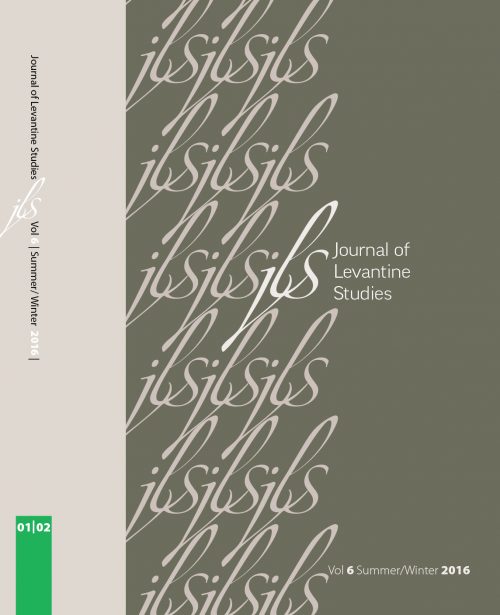-
Add to cartQuick view
Erotics of the Exotic: Orientalism and Fictionalization of the Mooress in the Early Modern Mediterranean
Free!The representation of women in the realm of Islam in early modern Spanish literary, religious, historical, and political texts provides a very significant key to the perception of the “Other” in Spain. These women were categorized according to their radically different circumstances: in Spain they were Moriscas (where they were the objects of an internal colonization), but in the Ottoman Empire (which was seen as a threat to Christian Europe) they were Moras and Turcas. Muslim women were systematically portrayed as highly sexualized subjects, sometimes in combination with the mystified harem and the slave market. In a tone ranging from contempt and disgust to ravishing desire, Muslim women were depicted as sensual and sexually accessible creatures. This Occidental fantasy was a means of establishing an imaginary domain over a powerful rival. Such representations of women were themselves essentially Orientalist, even when they occurred prior to the colonial and postcolonial relationship between the West and the Orient, suggesting that Orientalism itself ought not to be exclusively linked with colonialism and postcolonialism.
Add to cartQuick view -
Add to cartQuick view
Conversos, Finance, and Military Campaigns in the Reign of Ferdinand the Catholic: A View from Sicily
Free!The present paper examines the role played by high-placed converts in Sicily in the late fifteenth and early sixteenth centuries, in order to identify patterns of converso involvement in royal finances and state economy while offering an opportunity for tracing the beginnings of the advantageous relationship between king, court, and conversos. The protagonists of this discussion are Aloysio Sánchez, who acted as banker and treasurer to King Ferdinand the Catholic in Sicily, and the physician Ferrando de Aragona, the leader of the Sicilian “converso community” (universitas neophitorum). Aloysio Sánchez and Ferrando de Aragona were both instrumental in financing the Spanish military campaigns in the Italian south in 1494 and in North Africa in 1510. A better understanding of the roles played by these Sicilian-based conversos can shed light on some of the political and military developments of the last decade of Ferdinand’s reign. Ultimately, this paper argues that the high positions held by certain converts and their close ties to the influential figures of their time helped ensure their survival and continuing prosperity despite accusations of heresy.
Add to cartQuick view
- Home
- About JLS
- Issues
- Vol. 9 No. 1 | Summer 2019
- Vol 8 No 2 Winter 2018
- Vol. 8, No. 1: Summer 2018
- Vol. 7, No. 2: Winter 2017
- Vol. 7, 1: Summer 2017
- Vol. 6, Summer/Winter 2016
- Vol. 5, No. 2 Winter 2015
- Vol. 5, No. 1 Summer 2015
- Vol. 4, No. 2 Winter 2014
- Vol. 4, No. 1 Summer 2014
- Vol. 3, No. 2 Winter 2013
- Vol. 3, No. 1 Summer 2013
- Vol. 2, No. 2 Winter 2012
- Vol. 2, No. 1 Summer 2012
- Vol. 1, No. 2 Winter 2011
- Vol. 1, No. 1 Summer 2011
- Blog
- dock-uments
- Subscribe
- Submit
- Contact


